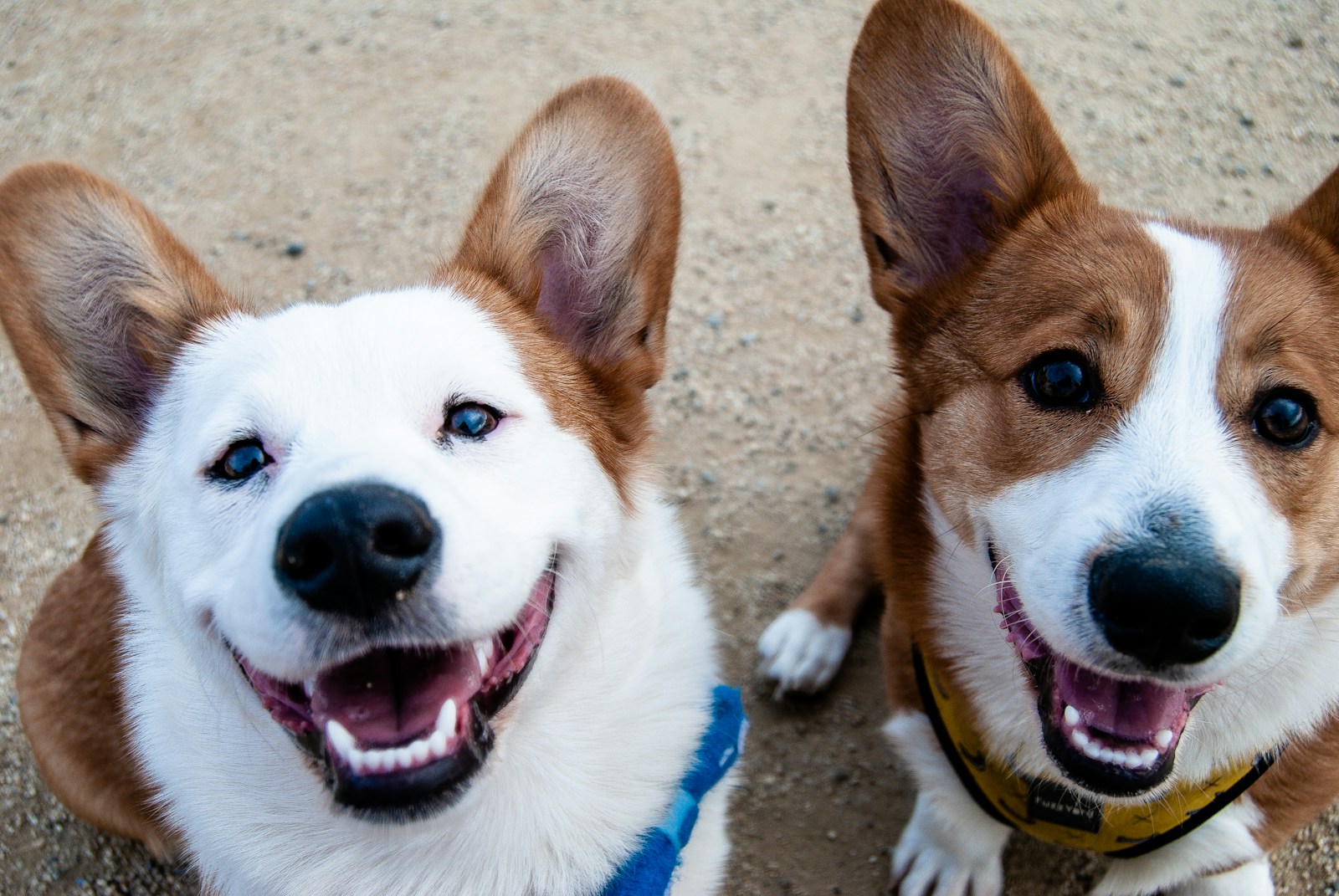Do Dogs Actually Love Us? Debunking Myths About Our Furry Friends
Dogs have been cherished as faithful companions for thousands of years. But do they actually love us, or is it just an instinctive bond? In this article, we’ll delve into the question of whether dogs genuinely love us, debunk some common myths, and explore the fascinating science behind our bond with them.
Introduction: The Human-Dog Relationship
Dogs are often considered “man’s best friend.” But what does this friendship really entail? Love, as we humans understand it, is a deep affection and emotional attachment. Scientists and pet owners alike have been intrigued by whether dogs share a similar emotional capacity.
The Heroic Love of Dogs
One example that challenges the notion of dogs acting solely out of self-interest is the story of a dog named Rocky, who saved his owner Rita from drowning, despite his own fear of water. Rocky’s actions suggest a deep emotional bond, as his love for Rita seemed to overpower his fear (Psychology Today). Such stories challenge the idea that dogs are purely motivated by self-interest.
Understanding Canine Behavior
Dogs are social animals, and emotions play a key role in maintaining social bonds. Behavioral biologist Marc Bekoff notes that strong emotions are crucial in social groups, motivating individuals to protect and support each other (Psychology Today). However, it’s important to remember that dogs aren’t always unconditional lovers; they have their own perspectives, which might differ from ours (Psychology Today).
The Science of Love in Dogs
The Role of Oxytocin
Scientists have found that dogs and humans both release oxytocin, the “love hormone,” when they interact, which suggests an emotional connection (American Kennel Club). Dogs have evolved to form strong bonds with humans, as shown by a study comparing wolf and dog puppies. The dog puppies were more attracted to humans and made more eye contact (American Kennel Club).
Genetic and Behavioral Differences
Researchers have found that dogs have a genetic condition similar to Williams-Beuren Syndrome, which causes “hypersocial” behavior in humans. This genetic predisposition explains why dogs are more drawn to social contact with humans (Study Finds). Behavioral tests have also shown that dogs are more focused on humans, while wolves are more task-focused (Study Finds).
The Capacity for Love
Dog behaviorists argue that dogs’ capacity and desire to connect with humans is what makes them unique (Science News). Their genetic makeup predisposes them to be loving, and early exposure to humans solidifies this connection. In fact, dogs express affection in various ways, such as bringing their favorite things to their owners, seeking them out for safety, and being happy to see them (Hepper).
How Dogs Show Their Love
Eye Contact and Physical Affection
Dogs release oxytocin when they make eye contact with their owners, and they show love through physical closeness, such as leaning on their owners or snuggling up with them (Petsmont). They also express joy and excitement when their owners return home, showing genuine affection.
Caring for Their Humans
Dogs seek out their owners for safety and comfort when they are scared, demonstrating trust and love. In turn, we can show our love for them by caring for them, spending time with them, and giving them treats and toys (Hepper).
Debunking Myths About Dogs
Myth: Dogs Don’t Really Love Us
The evidence strongly suggests that dogs do love us. They have the same chemicals in their brains that make us feel love, and they show behaviors consistent with love, such as seeking eye contact, physical affection, and displaying joy at our presence (Hepper).
Myth: Dogs Only Act Out of Self-Interest
While dogs have their own perspectives and needs, they also show behaviors that suggest genuine affection, such as risking their lives to save their owners (Psychology Today).
Conclusion: The Truth About Canine Love
Dogs have a unique and powerful bond with humans, shaped by genetics, behavior, and shared history. While they may not experience love exactly as we do, the evidence suggests that dogs genuinely love us in their own way. They demonstrate this through behaviors like seeking safety with us, expressing joy at our presence, and forming strong emotional bonds. The next time you gaze into your dog’s eyes, you can be confident that they love you as much as you love them.
FAQs
Do dogs actually love humans?
Yes, research suggests that dogs do love humans. They release the same chemicals that humans do when they feel love, and they show behaviors that indicate affection, such as seeking eye contact and displaying joy when their owners return home (Hepper).
How do dogs show their love?
Dogs show their love in various ways, including making eye contact, snuggling up, bringing their favorite things, and being happy to see their owners (Petsmont).
Can dogs recognize human emotions?
Yes, dogs are intelligent and can recognize human emotions. They respond to sound bites of emotions like anger, frustration, and happiness by looking at the corresponding human face (Petsmont).
Do all dogs love their owners?
Most dogs develop strong bonds with their owners, but not all dogs love unconditionally. The nature of the relationship depends on the dog’s background and the owner’s behavior (Psychology Today).
How can I show my dog that I love them?
You can show your dog that you love them by caring for them, spending time with them, and giving them treats and toys (Hepper).







